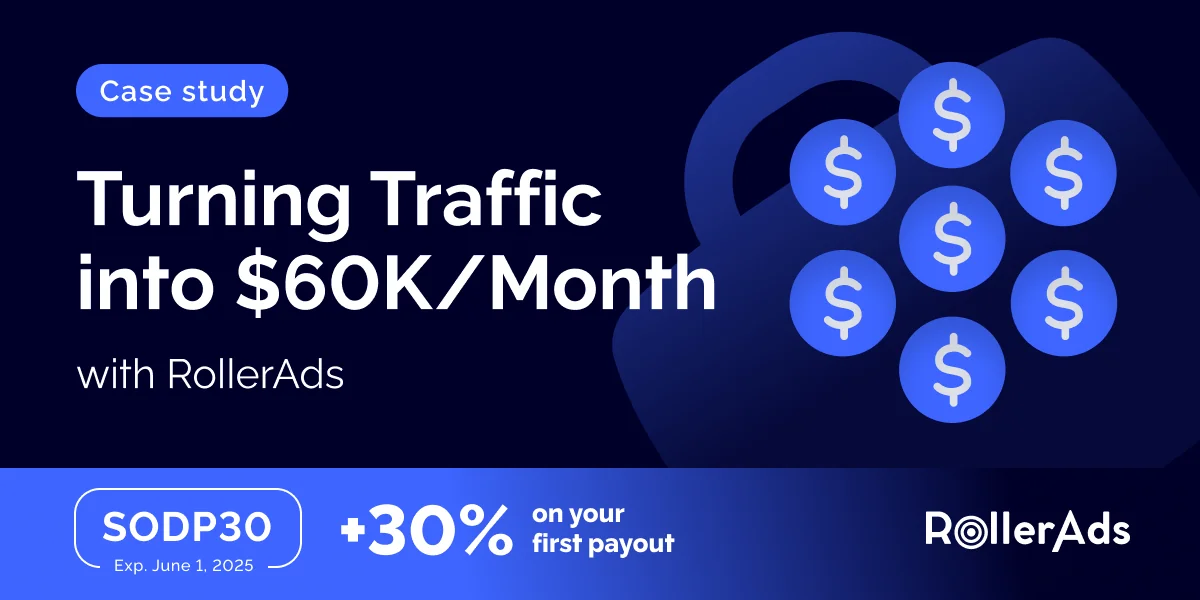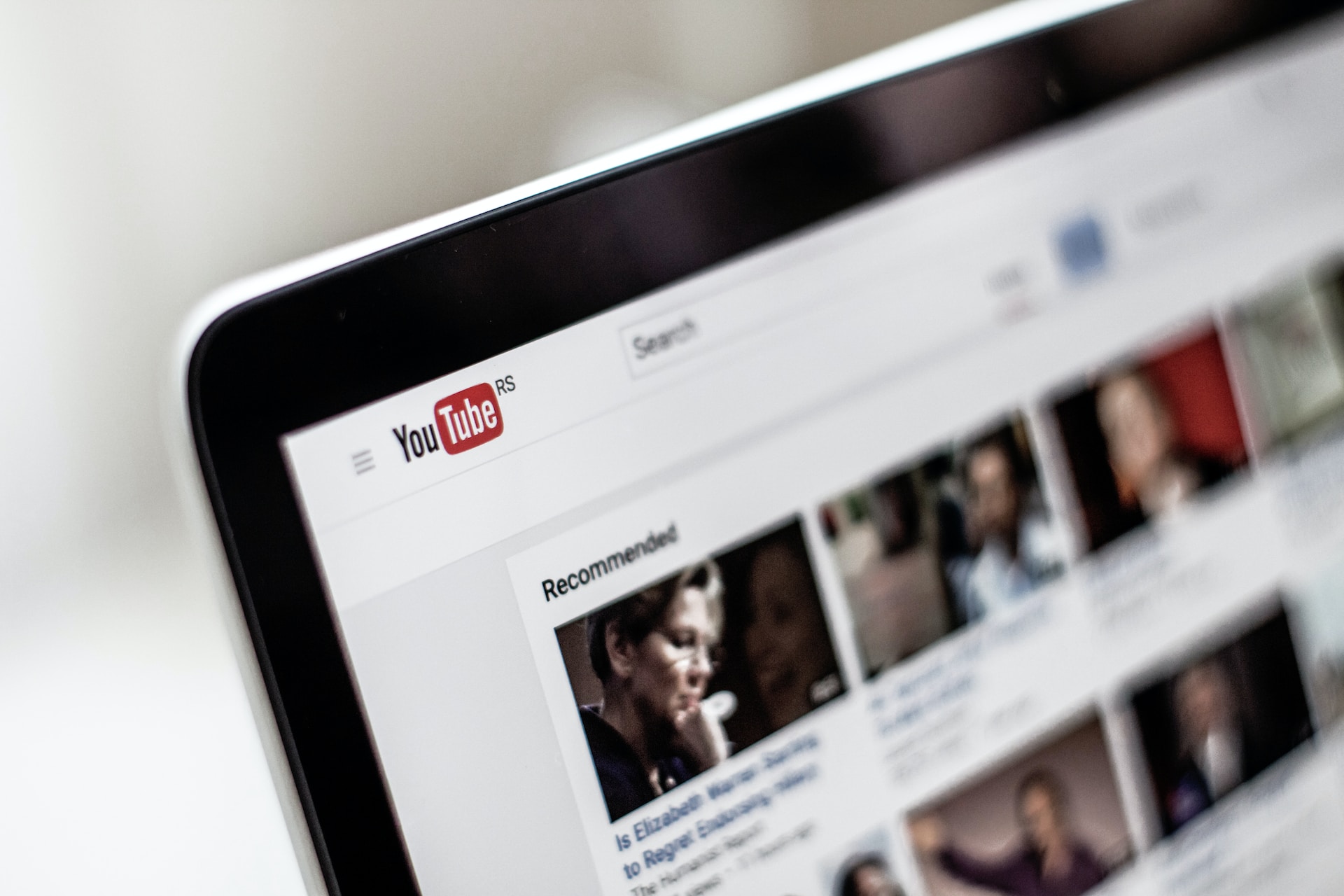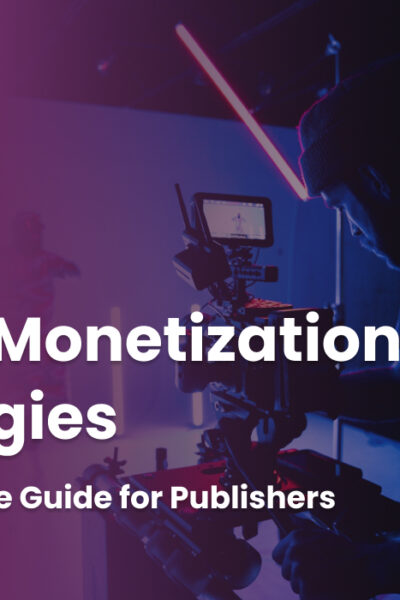As someone who obtained a juris doctor degree in intellectual property law, what led you to start working in the media publishing industry?
Let’s face it, being a lawyer alone is not that interesting, especially at cocktail parties. But back up one lifetime and the interesting story is how I started my career as a rocket scientist, transitioned to a patent attorney and then landed in media. It sounds disconnected but there’s actually a very strong throughline. That thread is a lifelong passion for innovation. I started quite literally in the most stereotypical definition of “innovation” as an aerospace engineer. Being on the bleeding edge led me to become a patent attorney where protecting innovation is literally the business. The dot.com boom of the late 90s was hard to resist, especially for someone who thrives on learning. It was so different and exciting and action-packed. If ever there was on-the-job learning, I definitely cut my teeth at work, from startups to media companies, learning how media is bought and sold, how consumers engage with content, where the opportunities are for innovation and getting ahead of the market.
Content from our partners
What does a typical day look like for you?
I’ll say the only thing typical is my morning routine before work. I’m up at 5:45 a.m. and on my phone checking the news. I’m consuming industry and general news, hot topics, basically what mental bookmarks I’ll need throughout the day. My two-hour commute by train is where I’ll dive deeper into the stories that catch my eye. I have a strict policy of not looking at email but rather using this sacred time to learn from digital stories, podcasts, video, etc. If anything jumps out at me related to Lotame and our business, I’ll share that first thing when I get in. Once I get to the office, it’s go mode. I’ve come to learn over the years that what you think will happen, what you’ll accomplish rarely unfolds according to plan. All of which to say is it’s tremendously valuable to have great teams that are nimble and responsive and adapt to whatever changes are at hand. Leading both marketing and product, flux is a constant.
What does your work setup look like? (your apps, productivity tools, etc.)
The secret to how I work my world lies in my browser bookmarks. I have them in a very specific order, from product queue to industry news and general news. I cycle through those throughout the day to access the information I need instantly. Besides email, Slack is at the center of what I do in Lotame world via direct chats, channels, etc.
What’s the problem that you’re passionately tackling with lotame at the moment?
First and foremost, helping to educate the market on what’s truth and what’s spin or outright fabrications. Adtech and martech move very fast, and there are complicated and confusing technologies at play for everyone, no matter if you’re a marketer or an engineer. I’m vigilant about calling out the myths, clarifying in layman’s terms where the value is, pushing back on bad actors. Some of our more recent outreach to educate our community are around the Google Chrome Privacy Sandbox panic, the incorrect conflation of third-party data and third-party cookies, and the recent spin that first-party data can magically connect IDs without third-party cookies.
In what way has the martech industry changed and developed during the years? What are you most excited these days?
The most fundamental change is the shift in focus from adtech to martech. Instead of looking at systems and tech to run ad impressions against a piece of media, the industry is now devoted to understanding consumers and context in order to connect with the right person in the right place at the right time.
What do you see the future of data management will look like for content and digital publishers?
I think the real innovators will / and are moving away from data management to data acquisition, enrichment and activation. You want to DO THINGS with data and produce a meaningful impact on your business. For content creators specifically, using data tech will become much more central to their jobs — to better understand the consumers you want to deliver content to, their interests and affinities, then collect feedback on how the content performs, who it resonates with, what they can do better. Digital publishers will need to support their business through new and expanded advertising, possibly subscription or other revenue channels. Luckily, data can help inform all of those channels.
Do you have any advice for ambitious professionals looking to get ahead in the industry?
The one thing that can never hurt you is a commitment to always learn something new. Tech is changing and it will continue to do so. Being open to learning can only improve your skills and knowledge and others around you. And in that same vein, practice empathy as often and honestly as you can in every interaction. Everyone goes through rough patches and you very well might need that empathy in return someday — and you’ll be grateful for it.












